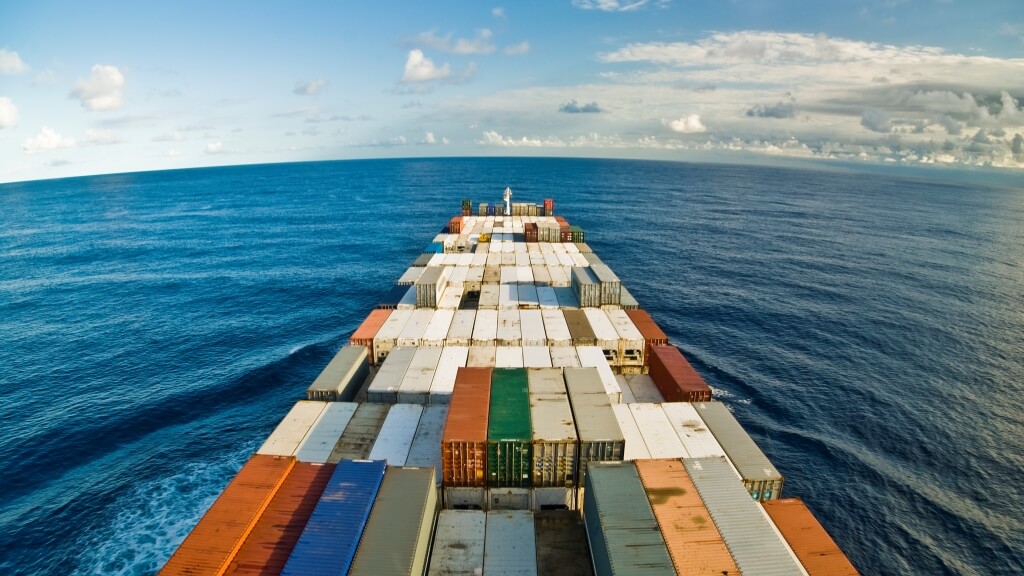Don't Be An 'Accidental Exporter'
The rise of online channels has boosted opportunities for overseas sales.

The advent of the internet has globalised markets. For SMEs producing goods, it has opened doors to facilitate sending any product to any market at any time. Services like eBay, Amazon and Alibaba mean suppliers and manufacturers can be connected and transacting 24/7, irrespective of having any history of selling your goods abroad.
Markets no longer have the borders of yesteryear and geography, language or culture do not stand in the way of making a sale. All of this is an excellent thing for SMEs intent on growth.
The open door to international trading
Yet, when it comes to international trade, there is a familiar pattern in terms of initial engagement. A business receives a random enquiry from someone 'overseas' and, understandably will just ship the goods once any commercial arrangement is sorted, often even that is done on-line too.
For an SME looking at the bottom line and sale, a lead that drops in out of the sky with little work to cultivate is a gift from heaven… or is it?
This approach works in this globally connected world and repeat business can follow although it can have a short-term shelf life. The issue for any business presented with this new opportunity is whether this is done in isolation.
One-off orders and shipments are fine and can grow organically into something more repeatable and sustainable. However, at some point internal company systems and cognisance of the rules relating to exporting goods, especially outside the EU, catch up. That is why having an export plan or strategy ready and waiting is key for SMEs to avoid being caught out.
Don't be an exporter, by accident
Casual exporters are important and the above example is an understandable entry point to what can be perceived as being a complex business move. A few early successes build a taste for new markets beyond the UK shores. But any SME taking this route must consider some fundamentals or risks of becoming an accidental exporter.
These include fundamental questions around domestic market saturation - is there room for expansion closer to home first? Is the attraction to exporting a vanity project to look and talk bigger than you are.
In some quarters it is even perceived as being easier than slogging in the home market. However margins too must remain all important as you have to consider the true and full cost of making that export sale and getting paid.
Get your own house in order
The truth is, this behaviour and emotion has a habit of biting back further down the line. In actual fact, the first step to becoming a successful exporter, though there are exceptions, is for a businesses to get its act together in its home market and exhaust every opportunity there is.
Thinking about what is needed to become a successful and repetitive exporter is more than just punting your domestic products in other markets. Evaluating how your domestic market product might suit overseas market requirements starts to show traits that a business might wish to embrace.
Things like product suitability (technical compliance and certification), business process (capacity and competence), currency risk and credit control cannot be just left to their own devices.
Second, it is crucial for a business to understand its export ambitions and translate its thoughts into a business plan based on a realistic assessment of the markets it is looking to enter. This also includes fleshing out how the people in the company will cope with the varied and new demands of the administrative process required. Exporting is not a quick fix for a business floundering with poor sales in the domestic market.
Selling abroad? Leave the country
It staggers me how many businesses that are looking to access overseas markets, never actually visit the country in question. Go and visit the market, get involved with trade missions and learning journeys and other supported 'go global' initiatives - you will be amazed how little you really know about them!
All the while keep in check the rush of being an exporting company and continually cross-reference the ability of the business to meet the demands of developing sales and supporting products more than a van ride away. That is where even the most simple of strategies can help keep you on course.
Finally, learn from others. Track behind others who have trodden the path before. The grass will be shorter and there is much native learning available - this will prevent businesses from falling foul of the mistakes that novices will certainly make.
Remember selling more goods at a real world profit is likely the goal - hold that thought as a test for any export experiments. Going global is fun but not if it wrecks or overstretched your foundation business.
Geoff Runcie is MD, EdgeCTP - business software for SME exporters.
Thanks for signing up to Minutehack alerts.
Brilliant editorials heading your way soon.
Okay, Thanks!

